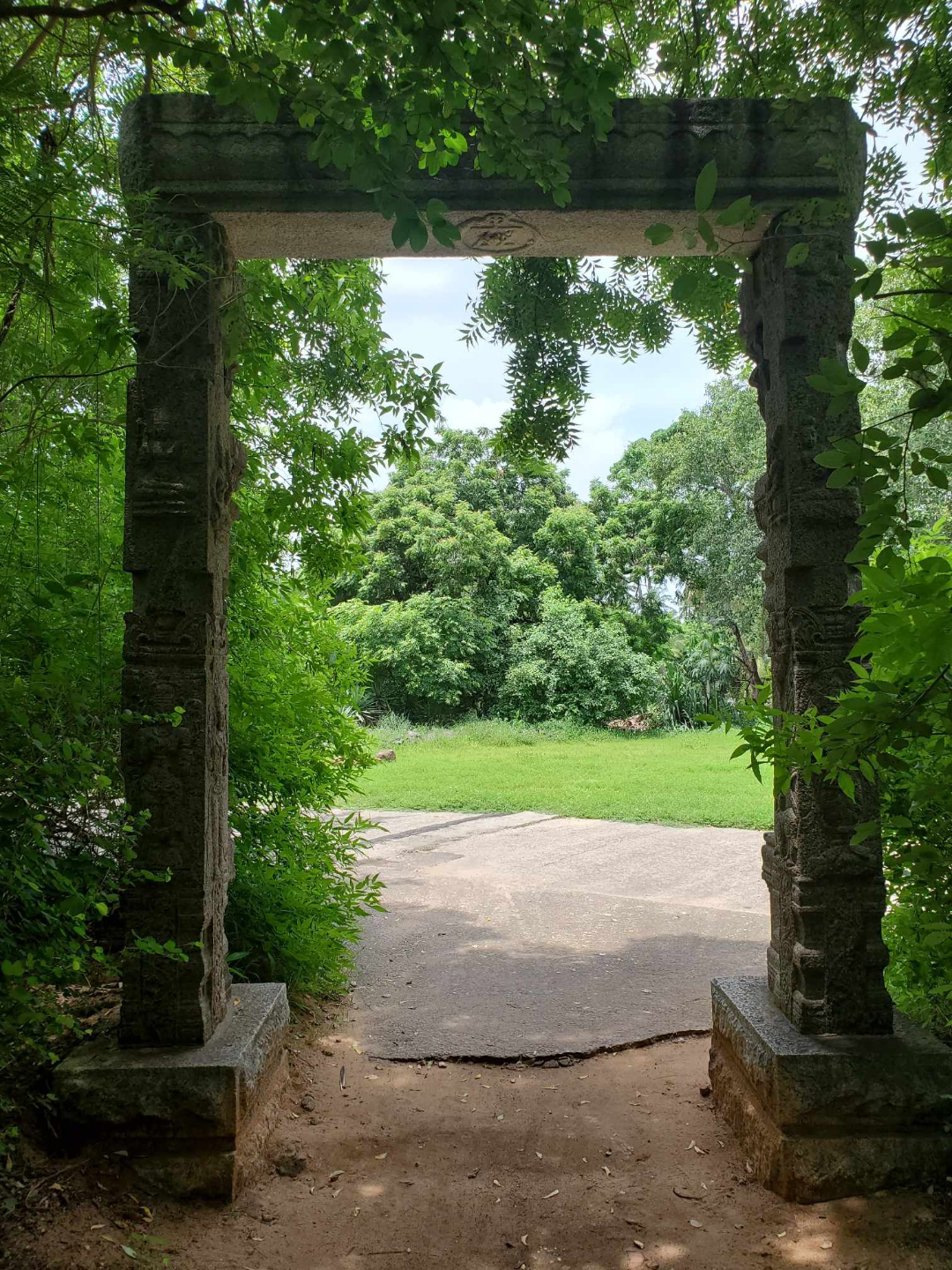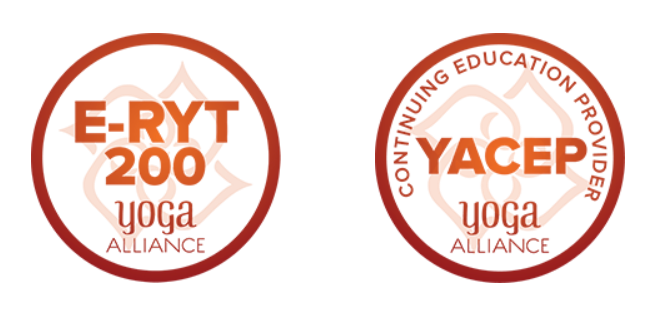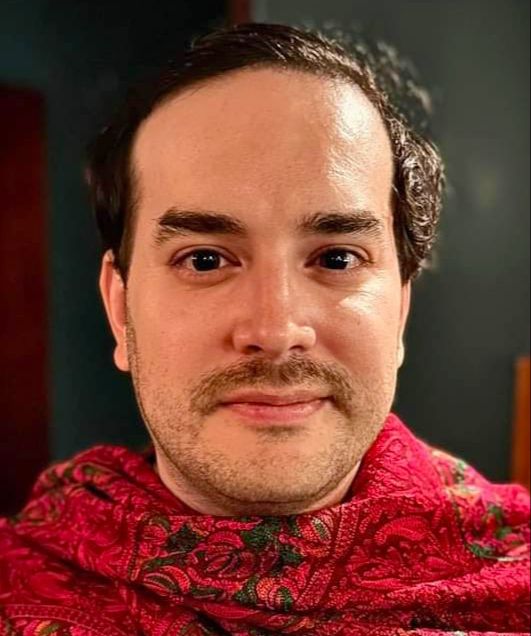
Course Description
Who exactly were the South Asian, European, and American authors behind the first English translations of important yoga texts like the Haṭha Pradīpikā, the Śiva Saṃhitā, the Yoga Sūtras of Patañjali, and the Śiva Svarodaya, some of which have only relatively recently attracted the attention of international scholars and philologists? How did yoga change under the British Empire, even before Swami Vivekananda came on the scene, and later come to play a role in the independence of India and Pakistan? Who popularized the idea that rāja yoga or the “yoga of kings” is mental and spiritual and that haṭha yoga or the “yoga of force” is merely physical? How was a yogic diagram published by a certain Madras Yogi subsequently reinterpreted and globalized as an image of the astral body? How did South Asian authors use the language of esotericism, mesmerism, and occultism to support their own ideas on yoga?
Join us for an unprecedented exploration of the oft neglected yet important connections between Theosophy and modern yoga. While the roots of Theosophy go even in deeper, we begin with the founding of the Theosophical Society (TS) in 1875 in New York City by prominent authors and travelers like Helena Petrovna Blavatsky, born in what is today Ukraine, Henry Steel Olcott, and William Quan Judge. We then discuss the implications of the decision by these “Founders” to shift the emphasis of the TS to South Asia, and especially the effect this had on the history and practice of modern yoga.
Not content to just sit at home with their books, Olcott and Blavatsky traveled widely around South Asia (especially Bombay and Lahore) and even established the TS headquarters seven years later in Adyar, today part of present-day Chennai in Tamil Nadu, India. Theosophy's reach and publications out of South Asia facilitated a steady increase in readers' understanding of yoga, which at that time had been limited by a lack of reliable sources, and the legacy continues to this day—pretty much any researcher doing serious work on South Asian texts or religions will at some point visit the Adyar Library and Research Centre within the TS headquarters, which has faithfully preserved many important manuscripts and printed books on yoga as well as a host of other subjects.
Yet there is another twist: Most of the Theosophical or Theosophy-adjacent authors who were initially behind this increase in global awareness of yoga were not from North America or Europe. They were from various regions of South Asia. They not only had knowledge of occult currents and Sanskrit but also of the regional yoga traditions in the places they lived and worked. In this course you learn how their efforts as authors, mystics, and pandits led to texts and practices that helped mediate a global understanding of yoga for almost a century. While their perspectives and texts today may often require rethinking and re-editing in the light of contemporary research on yoga, their stories and publications are nevertheless inextricably intertwined with the very fabric of what modern yoga was, is today, and where it is heading in the future.

Course Modules
Module 1 — “There is no religion higher than truth”: A global yoga vidyā
Module 2 — Yoga Pandits and Theosophical Fellows: S.C. Vasu and Râma Prasâd, M.A
Module 3 — A Madras Yogi and the Astral Body: A Mystery Explained
Module 4 — Solar Sphinx and Esoteric “Hata Yoga”
Students Will Receive:
- 4 Pre-recorded Video + Audio lectures (90 min)
- 4 Pre-recorded Q&A sessions (90 min)
- 4 YS Credits
- 12 Hours of CE credit with YA
- Course Syllabus (PDF)
- Weekly Readings (PDF)
- 4 Multiple Choice Quizzes
- Yogic Studies Certificate (PDF)
- Access to the private Community Forum
Dr. Keith Edward Cantú
Postdoctoral Fellow in Asian Religious Traditions, Center for the Study of World Religions, Harvard Divinity School
Dr. Keith Edward Cantú is a research associate for the Transcendence and Transformation Database. As an emerging historian of religions, his interdisciplinary research especially focuses on South Asian yoga, tantra, and the interface between Sanskrit and Indic vernacular languages, especially Bengali and Tamil, and on the connected histories of yoga in global esoteric currents like Thelema and the Theosophical Society. Prior to Harvard, he was Visiting Assistant Professor at St. Lawrence University in Canton, New York.
Keith’s first monograph Like a Tree Universally Spread: Sri Sabhapati Swami and Śivarājayoga was published in 2023 by Oxford University Press. He has also co-edited a volume of Bengali Bāul songs and translations, published in 2017 as City of Mirrors: Songs of Lālan Sā̃i, and has authored numerous other articles and chapters on yoga and esoteric topics. Current projects include reprinting and translating Tamil and Hindi works of Sri Sabhapati Swami and of his gurus, and a second monograph on the connected histories of yoga and learned magick in the Thelema of Aleister Crowley. Keith has extensively researched and directly engaged Bāul Fakiri, Tamil Śaiva, and other tantric and musical currents over the course of his twelve years of fieldwork in and writing on India and Bangladesh. He regularly teaches and shares his research and music at the Esalen Institute and online at Yogic Studies.
This course is eligible for 12 hours of Continued Education (CE) credits with Yoga Alliance

Stay Informed
Sign up for the Yogic Studies mailing list to find out first about upcoming courses, podcast episodes, promotions, events, and the latest research delivered straight to your inbox.


